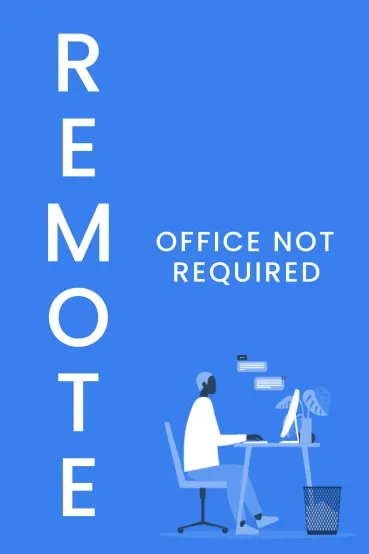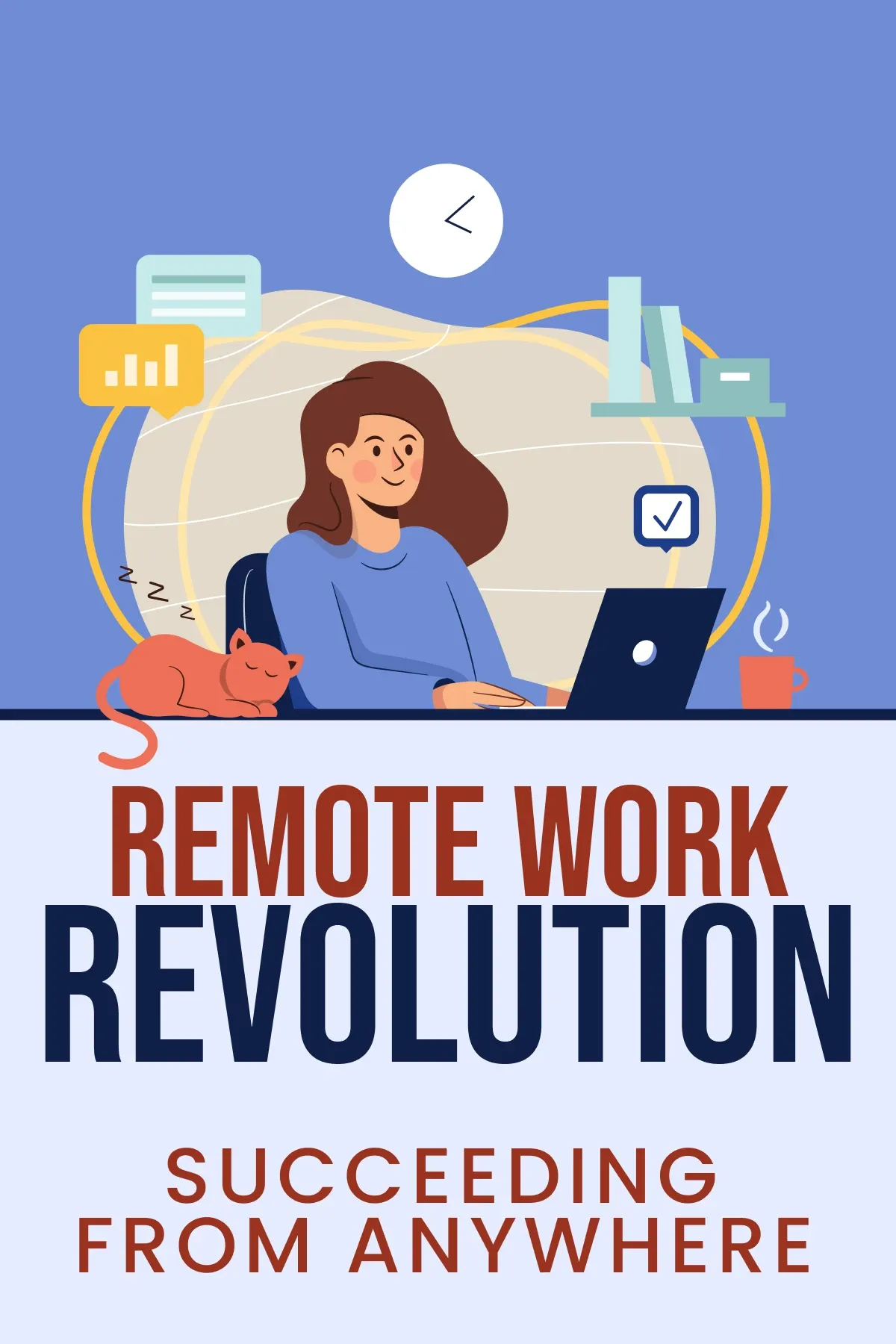
Remote
Brief Summary
“Remote: Office Not Required” by Jason Fried and David Heinemeier Hansson explores the benefits and challenges of remote work. Despite the popular opinion that it is difficult, remote work can increase employee satisfaction, productivity, and creativity. Readers will find insights into how to build effective remote teams, communicate and collaborate efficiently, and maintain a work-life balance in a remote environment.
Key points
Key idea 1 of 7
Remote work has become increasingly popular in recent years due to its many benefits. More and more companies, from large corporations like IBM to small startups, have embraced remote work. They allowed their employees to work from home or other locations outside the traditional office. The number of remote workers in the US increased by 73% between 2005 and 2011, totaling three million. This trend is expected to last as technology advances even further. Many people believe that offices will no longer exist in the future.
What is the asset of remote work? First and foremost, employees can work according to their rhythm and at the time of day when they are most productive. On the flip side, traditional offices can be a constant source of interruptions that hamper productivity. Remote workers can choose where they work, whether it's at home, a coffee shop, or a library. They also have more flexibility regarding their schedule. Family or hobby time, it's up to them as soon as they handle work tasks.
No doubt, employees benefit from remote work. What's in it for companies, then? Businesses that start operating remotely can reduce rent and facility costs. Moreover, they can hire the most competent people, no matter where they live. If your star employee wants to quit work, a proposal for remote work can keep them with you for a more extended period of time. Additionally, having a remote workforce can help companies disaster-proof their operations. Remote employees can keep working even if the physical workplace shuts down unexpectedly due to events like a snowstorm or power outage.
In actuality, millions of workers and thousands of companies have discovered the joys and benefits of remote work. This trend could get even more viral in the future.
FAQ
You may also like these summaries











